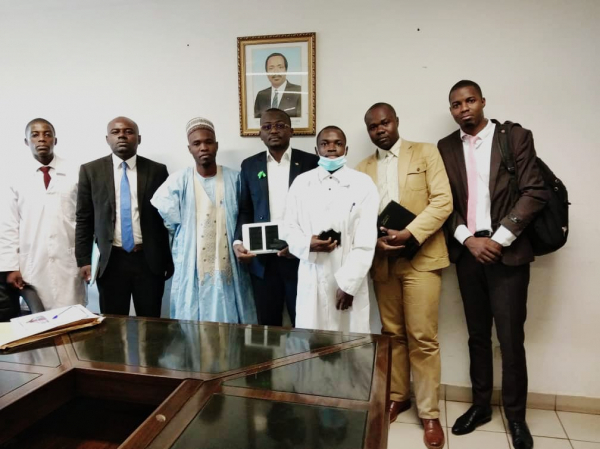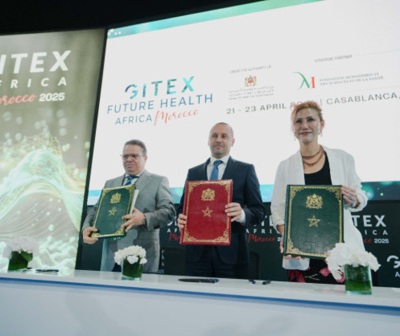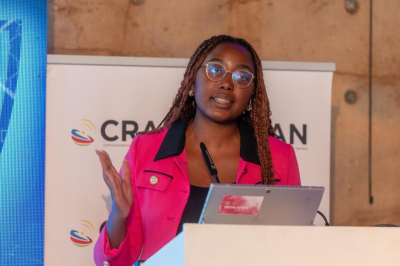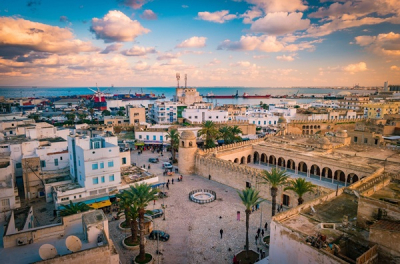Since 2016, Cameroonian tech entrepreneur Vincent Onana Binyegui has multiplied actions to improve education access, in rural zones notably. The flagship product he developed, Teachmepad, allows access to educational content offline. The assembly plant is the next step in his project.
Teachmepad Mobile Limited, the developer of the solar-powered educational tablet Teachmepad, seeks €5 million to set up an assembly plant in Cameroon. For that purpose, it launched a pre-series A round last Friday, June 1. The capital sought will be divided as follows: €420,000 in equity crowdfunding and €4.573 million in loan crowdfunding. The pre-series A round will be closed on June 1, 2023, we learn.
The project has been reviewed by the national investment corporation SNI’s technical teams, revealed Teachmepad Mobile Limited founder Vincent Onana Binyegui at the end of a work session called by the Ministry of Economy.
The plant, dubbed Teachmepad Mobile Industry, will create 200 direct jobs, the founder stresses. In the framework of the project, Teachmepad Mobile Limited will acquire a unit, whose daily production capacity is 5,000, from China. In its first year of operation, the plant will operate at 20% of its capacity with 10 employees and progressively go at full throttle with a team of 205 people.
During the work session, SNI suggested the government should provide support to scale the project and make it bankable for additional technical and financial support. SNI also suggested a partnership with a technical partner, a mobile components manufacturer preferably, to guarantee the supply of needed components.
In 2021, Teachmepad Mobile Limited concluded a funding round launched in 2020 by raising about €1.219 million from Cameroonian and French investors. With the funds secured, it acquired a 5-hectare plot that will host the assembly plant, carried out 3D printing of the commercial prototypes, and performed some administrative tasks and the studies required for the plant installation project.
Teachmepad is an educative tablet that allows access to educational content, like Wikipedia, offline. It was developed to boost education in rural areas with poor internet and electricity access and a low number of teachers. The tablet has received the African Intellectual Property Organization (OAPI)’s patent.
Currently, Vincent Onana’s goal is to make TeachmePad the choice tablet in African countries for easy data collection, general census, and related works since the tablets can function in “remote areas with electricity and internet access problems.”
Ruben Tchounyabe



















